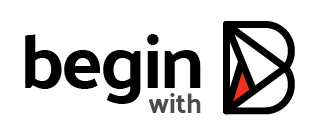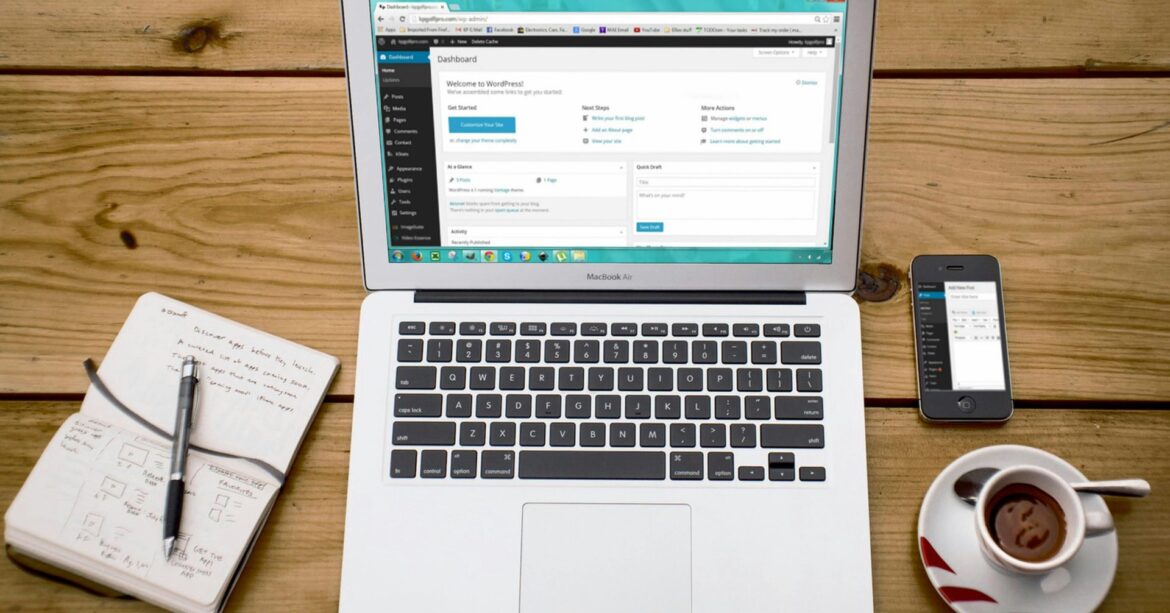We know how exciting it can be to run your own website. It’s like finally turning that “closed“ sign to “open for business.“ But, while focusing on how people interact with and view your business is important, don’t overlook security.
Website security can directly affect how well you’ll perform on search rankings. This could relate directly to how trusted your website will be, which can affect the success of your business. A vulnerable website puts your data—and your customers—at risk, so it pays off to keep your website protected.
Business owners need to secure their websites, so here’s our guide to help you out. Here are the WordPress security best practices every business should follow to keep their websites safe and functional.
Ready to protect your investment? Let’s jump right in.
Table of Contents
Is WordPress Secure?
Almost half of all currently existing websites are powered by WordPress. That alone speaks to how reliable people find this website builder. A huge market share like this wouldn’t flock to WordPress if it weren’t dependable.
WordPress is generally considered safe. It regularly updates its platform to patch any vulnerabilities and is packed with security features to stay ahead of cyberattacks.
So, while no platform can fully guarantee your safety (the internet is full of unpredictable risks), you can feel reassured that WordPress is one of the most trusted and secure platforms available. Users rely on it for its strong track record, and you can, too.
7 WordPress Security Best Practices
Cyberattacks can happen to any website, including those using WordPress. But while there’s no one-size-fits-all solution when it comes to cybersecurity, there are some key WordPress best practices you can follow to better secure your business website.
1. Regular Website Updates
WordPress frequently releases updates to address security vulnerabilities. Remember that threats evolve as well, so keeping everything updated ensures that you’re protected at all times.
Failing to update your website can leave it exposed to malware or hackers who exploit old security vulnerabilities. Regularly checking for updates and applying them right away is one of the easiest ways to keep your site secure.
2. Choose Secure Hosting
Your web hosting provider plays a big role in your website’s security. Choosing a secure web hosting service is crucial because it’s the foundation of your site. A good host will offer strong security features such as firewalls, malware scanning, automatic updates, and backups.
Look for a provider with a solid reputation and proven track record of securing websites. The added peace of mind is worth the investment.
3. Strong Passwords and Authentication
Weak passwords are one of the easiest ways for hackers to access your website. Having a strong password and also enabling two-factor authentication (2FA) can add extra layers of protection.
Just make sure that your passwords are a mix of letters, numbers, and special characters. Avoid using the same password across multiple platforms. Enabling 2FA makes sure that even if someone manages to guess your password, they’ll still need another layer of verification to log in.
4. Use Reliable Plugins and Themes
Just for context, plugins are add-ons that can extend the functionality of your WordPress website. Meanwhile, themes help you control the design and layout.
Some third-party developers may not have the best security, leaving your website vulnerable. Always choose plugins and themes from reputable developers who keep their products up-to-date. Avoid downloading free or pirated themes, as these could contain malicious code. Stick to reliable sources and always check reviews before installing anything.
5. Keep Comment Spam Out
Spam comments can flood your website, potentially harming your SEO. Some spam may also contain harmful links and content.
Be sure to prevent website spam with anti-spam plugins. You could also enable built-in WordPress features that could filter out unwanted comments. Having control of your comments section keeps your website clean and professional.
6. Regular Backups and Monitoring
If your website ever gets compromised, you’ll want the ability to restore it quickly. Wasted seconds waste potential revenue.
Many hosting providers offer automatic backups, but it’s also a good idea to manually back up your website. Regular backups guarantee that you don’t lose valuable data. Monitoring your website for unusual activity can assist in catching any issues early on, long before they become major problems.
7. Set Proper User Roles and Permissions
If you have multiple users who can access your WordPress website, it’s important that you set permissions properly. Not everyone should have access to sensitive information and your website’s key functions.
WordPress allows you to assign specific roles (such as Admin, Editor, Contributor) with different access levels. By limiting what each user can do, you can minimize the risk of accidental or intentional security breaches.
Begin with B for a Secure Business Website
Securing your WordPress website doesn’t have to be so hard. With these WordPress best practices, you can safeguard your website from potential threats and keep it running smoothly.
If you’re looking for comprehensive website hosting and support, Begin with B offers everything you need to keep your business safe online. As a Calgary-based web design agency since 2009, we provide tried-and-true WordPress hosting services that include nightly backups, regular upgrades, and full security measures against hackers.
Ready to take the next step? Contact us today to get the web support you deserve. After all, your website is an important asset for your business, and protecting it should be a top priority.


